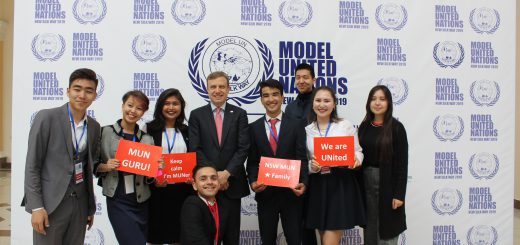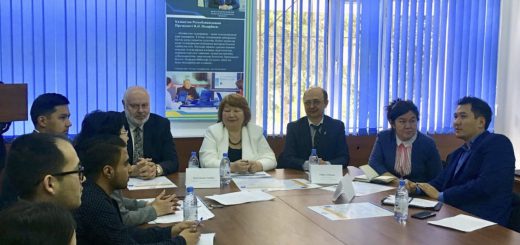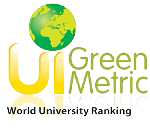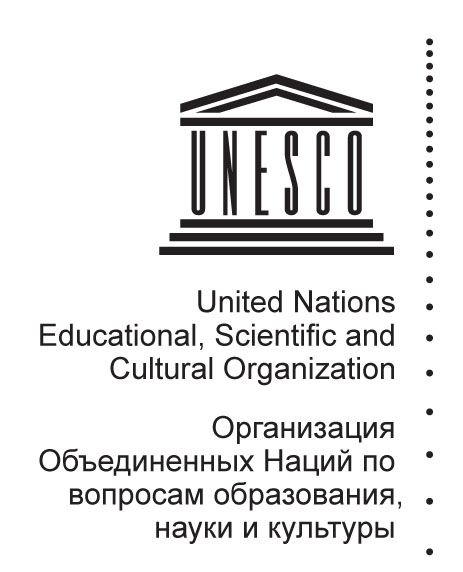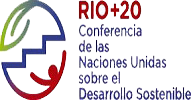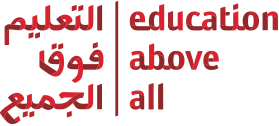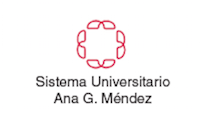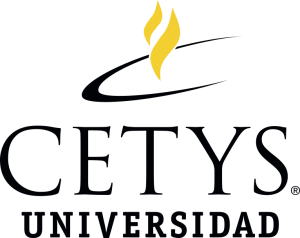BETTER RECOVERY: STAND UP FOR HUMAN RIGHTS AT KAZNU
Al-Farabi Kazakh National University, Global Hub of UNAI on Sustainability, held an online round table on the topic “Better recovery: Stand up for Human Rights” dedicated to the 75th anniversary of the UN, the 10th anniversary of the UNAI Hub KazNU on sustainability and the 25th anniversary of the Faculty of International Relations at al-Farabi KazNU. The organizers of the event were the Faculty of International Relations, the Faculty of Law and Ban Ki-moon Institute for Sustainable Development.
This year’s Human Rights Day theme is linked to the COVID-19 pandemic and focuses on the need for more effective recovery by ensuring that human rights play a central role in the field.
The agenda of the round table was topical, which found its expression in the interested and enthusiastic speeches of the participants, they also manifested themselves in the discussion of the problems of the UN activities on the implementation of the principles of the UN Universal Declaration of Human Rights. The round table was held online in Kazakh, Russian and English. The discussion was attended by the heads and representatives of the Ministry of Foreign Affairs of the Republic of Kazakhstan, UN, UNESCO, UNDP, UNAI in Almaty, young scientists, undergraduates, Master’s and PhD students of universities in Kazakhstan.
In his report, Chairman of the Presidium of the Anti-Terrorism Committee, Amanzhol Urazbayev, spoke about the work of the Committee, which has enormous potential in the person of unique experts, general practitioners and theoretical scientists with vast professional experience. The purpose of the Committee is to consolidate the efforts of citizens, society and government bodies in countering terrorism, extremism, drug-related crime, illegal migration and other global threats to the Republic of Kazakhstan. Also, he shared the prospects of counteraction during and after COVID-19 in the country.
The youth who gathered in the round table exchanged their points of view and predicted current cases on human rights in examples from other regions, including Central Asia. We will achieve common global goals only if we can create equal opportunities for all, address the gaps identified by COVID-19 that contribute to the spread of infection, and apply human rights standards to combat entrenched and systematic intergenerational problems of inequality, exclusion and discrimination.
Dated December 10, 2020.

